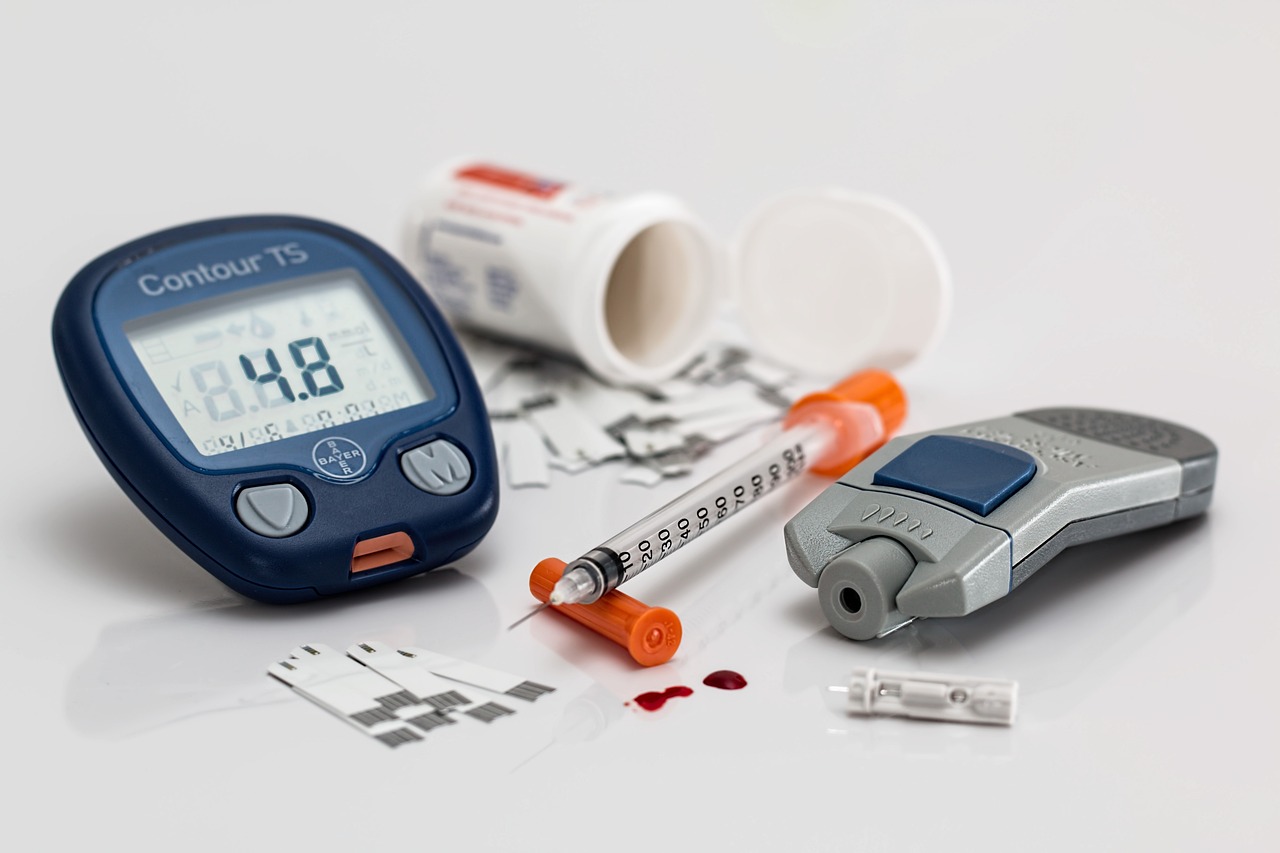The Potential of Gene Therapy for Genetic Disorders: Correcting Mutations at the DNA Level
Genetic disorders are conditions caused by changes in an individual’s DNA sequence. These alterations can affect various aspects of health and development, leading to a wide range of symptoms and complications. Some genetic disorders are inherited from one or both parents, while others may occur due to spontaneous mutations in the DNA of an individual.
Genetic disorders can impact almost any part of the body, including organ systems, metabolism, and neurological functions. Common examples of genetic disorders include Down syndrome, cystic fibrosis, and Huntington’s disease. Each genetic disorder is unique in its characteristics and can present challenges in diagnosis, treatment, and management. Understanding the underlying genetic mechanisms behind these disorders is crucial for developing effective interventions and improving the quality of life for affected individuals.
Understanding the Role of DNA Mutations in Genetic Disorders
Genetic disorders are conditions that are caused by changes or mutations in an individual’s DNA. These mutations can occur randomly or be inherited from one or both parents. The specific gene affected by the mutation, the type of mutation, and its location within the gene all play a role in determining the characteristics of the genetic disorder.
DNA mutations can lead to a wide variety of genetic disorders, ranging from mild to severe in their effects on an individual’s health. Some mutations may result in a genetic disorder that is easily manageable with proper medical care and lifestyle adjustments, while others can lead to more complex and life-threatening conditions. Understanding the role of DNA mutations in genetic disorders is crucial in order to develop effective treatments and interventions for individuals affected by these conditions.
Challenges in Treating Genetic Disorders
Treatment of genetic disorders poses a significant challenge due to the complex nature of these conditions. Many genetic disorders have diverse manifestations, making it difficult to develop a one-size-fits-all treatment approach. Moreover, the limited understanding of the underlying molecular mechanisms behind certain genetic disorders hinders the development of targeted therapies.
In addition, the high degree of variability in the severity and progression of genetic disorders further complicates treatment strategies. What works for one individual with a specific genetic disorder may not be effective for another due to genetic heterogeneity. This variability necessitates a personalized medicine approach, which can be resource-intensive and time-consuming to implement on a large scale.
What are genetic disorders?
Genetic disorders are conditions caused by changes or mutations in an individual’s DN
How do DNA mutations contribute to genetic disorders?
DNA mutations can disrupt the normal functioning of genes, leading to the production of abnormal proteins or affecting important cellular processes. This disruption can result in the development of genetic disorders.
What are some challenges in treating genetic disorders?
Some challenges in treating genetic disorders include the complexity of the underlying genetic mutations, the lack of effective treatment options for certain disorders, and the high cost of developing and administering personalized therapies.
Can genetic disorders be cured?
While some genetic disorders can be managed with treatments such as medications or surgery, many genetic disorders do not have a cure. Research is ongoing to develop new therapies, including gene editing techniques, to treat genetic disorders more effectively.







